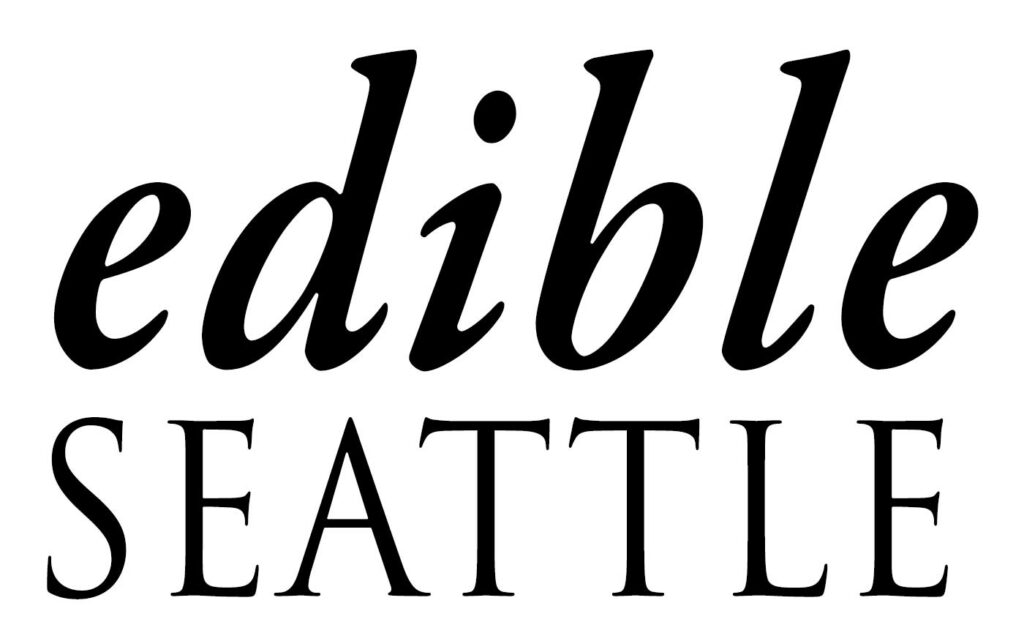
 This spring I spent a month traveling the U.S. to promote my new book, the longest trip I’ve taken out of the Northwest in six or seven years. Travel is an astounding thing. It teaches you about the place you are visiting, but it also teaches you about the place you are from.
This spring I spent a month traveling the U.S. to promote my new book, the longest trip I’ve taken out of the Northwest in six or seven years. Travel is an astounding thing. It teaches you about the place you are visiting, but it also teaches you about the place you are from.
My first lesson took place on a layover in the Denver airport when I ate a banana and looked around for a compost receptacle; I found none. In five weeks of travel I would see only one public compost bin (in the Museum of the American Indian in Washington DC). And yet, in my Seattle neighborhood I can easily count dozens.
The city of Seattle, as of January this year, has mandated food composting. I know there are those who find composting gross or burdensome, but this measure is expected to divert 38,000 tons of food waste from landfills, turning it into a soil amendment for use in yards and gardens. We’re at the forefront of the movement to help solve the landfill problem. The more I saw how unusual this is, the prouder I felt about it.
[twocolumns]
As I traveled, I met others in the sustainable foods movement: publishers of Edible magazines, eaters and farmers. They’re partnering together, setting up CSAs, farmers’ markets, getting the word out. In Asheville, North Carolina, I visited an urban farming supply store—full of canning jars, chicken feed, beekeeping supplies, cultures for making cheese, and more. In some places these traditions were deeply rooted, in others it seemed like relearning a language long forgotten, but everywhere I went it was happening. Seattle may be on the forefront in some ways, but we’re not alone. I like to think we’re all trying to move forward.
The other thing I saw everywhere was pride in local foods, and opinions about it. Here in the Northwest we have our favorite varieties of salmon, oysters, or strawberries, but elsewhere there are favorite brands of grits, biscuits, styles of barbecue, and seasonal produce.
My friends in the Carolina woods have a ramp patch out back that regrows each spring, giving flavor to the season. They look forward to it the same way some of us look forward to spring nettles, or Dungeness crab, or cherries from east of the mountains. We all have our local pleasures and treasures.
I came home impressed by what I had seen—but proud of our place in it, and with a new appreciation of my compost bin. I also came home wondering what more we can do. How do we support local agriculture better? How can we connect those who want to farm with affordable land? How can we help the challenges facing farmworkers? How do we protect the oceans, support seed diversity, combat climate change?
It’s easy to get overwhelmed with all there is to do. One look at the environmental headlines is enough to make a person feel helpless. But I come back to small measures, what I can do to make a difference: growing some of my own food, preventing waste, capturing rainwater, supporting local farmers and artisans, driving as little as I can.
[/twocolumns]
It starts here, it starts with us. Sometimes it starts with compost.
